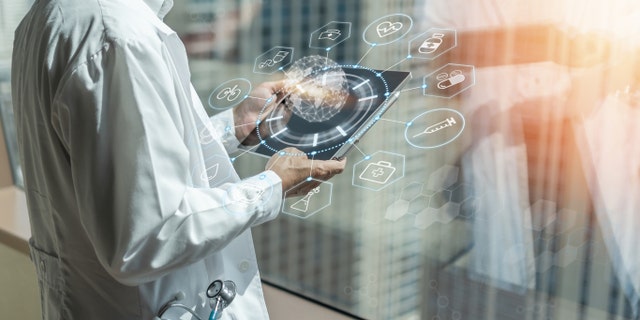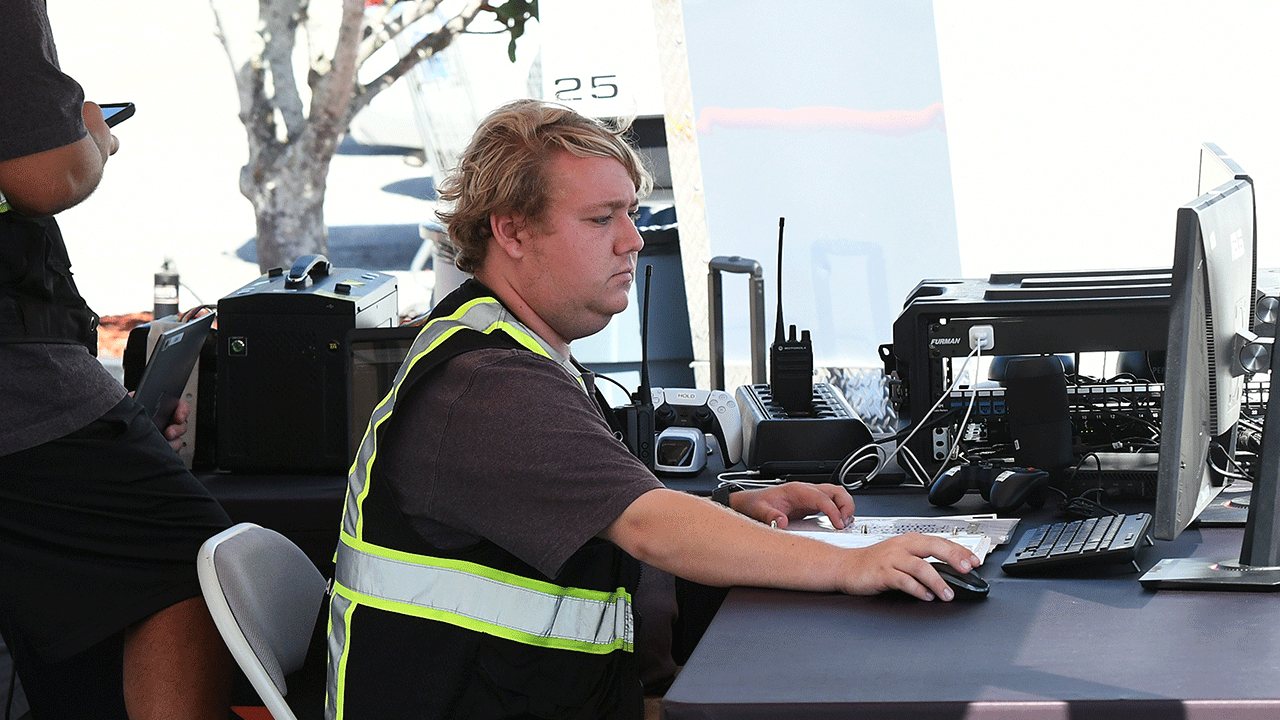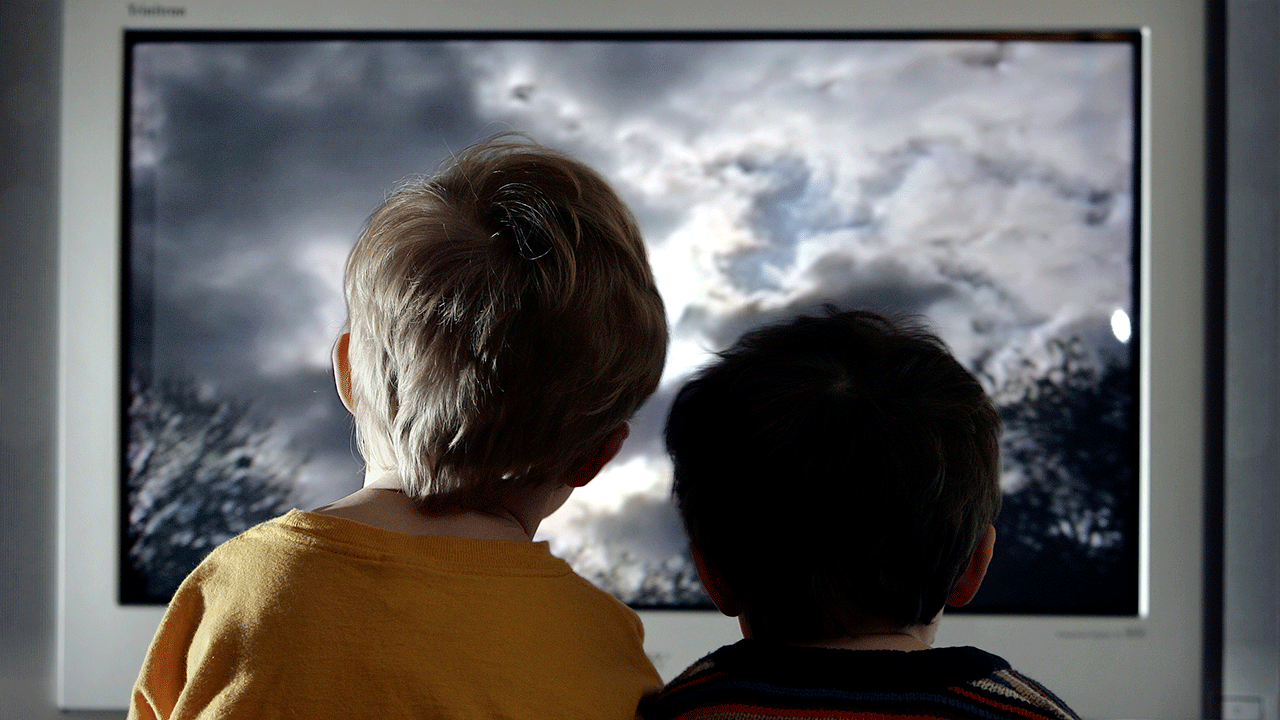No matter what industry you work in, it’s entirely possible that artificial intelligence will have some impact on your work. That said, some industries will be impacted more than others.
It’s hard to predict what jobs will look like 20 years from now, or even 10 years from now. Jobs exist today that were unimaginable ten years ago. So while there are some things AI is good at right now, like coding, manipulating numbers, and creating content, it could be able to do much more in the years to come.
According to The New York Times, researchers at OpenAI and the University of Pennsylvania say 80% of workers will have at least 10% of their jobs affected by AI. Another Goldman Sachs report, reported by CNBC, predicted: AI could affect 300 million jobs.
What is AGI? Artificial intelligence that can do anything
There are so many industries where AI is already impacting, and many more will be added to the list. (St. Petersburg)
The story of AI and work changes depending on who you talk to. Some believe that AI will take jobs outright, while others believe that AI will not take jobs, it will just create jobs that are different from the jobs we know today.
The list of industries that AI will impact is long, but here are just a few of the industries where AI could have the greatest impact.
- legal
- finance
- health care
- technology
- graphic design
- media/film
1. Legal Matters
Legal work often involves researching, reviewing, and creating documents and procedures that could potentially be automated using AI.
A study conducted by researchers from Princeton University, the University of Pennsylvania, and New York University concluded that legal jobs are “most exposed” to new AI technologies, according to The New York Times.
What are the four main types of artificial intelligence? Find out how future AI programs can change the world

AI helps lawyers investigate and gather evidence. (GREG BAKER/AFP via Getty Images)
AI could take many of the legal profession’s heavy lifting, such as legal research, evidence gathering, and contract review.
2. Finance
Finance-related jobs such as accountants and financial advisors rely heavily on data and numbers, which AI is good at.
AI software can input data, analyze it, and make financial recommendations.
In fact, there are already many banks that have some form of AI in their operations. One example is Morgan Stanley, which uses chatbots to help advisers conduct research and obtain data, according to The New York Times.
3. Healthcare
The healthcare industry is also predicted to be significantly impacted by AI.
Artificial Intelligence: AI FAQs

The healthcare sector will be greatly impacted by AI. (St. Petersburg)
There are many ways AI can be used in medicine. For one, we can make accurate predictions to better prepare hospitals. AI can be used to predict emergency room visits and patient treatment predictions. It can also be used to quickly find patient information as well as facilitate note taking.
AI could also be widely used in healthcare for scan analysis, diagnosis, and better communication with patients.
4. Technology
Both software and code can be developed at high speed through AI, which could affect many technical professions such as software and computer programmers. AI can not only design and build programs, but it can also look for and identify problems.
What is AI?

AI can code, design, and develop software so well that it is changing the face of many technology jobs. (Paul Hennessy/Anadolu Agency via Getty Images)
This could significantly change the way many tech jobs are done in the future. More jobs could be created around AI software.
5. Graphic design
DALL-E is just one example of AI software that can generate images in just seconds.
AI-generated artwork will have an impact on professions such as graphic design, as highly detailed artwork can be produced quickly.
6. Media/Film
This is a broad industry, and AI can affect all of them. On the media side, AI has made it possible to quickly create written content. Some media outlets have already started using AI to create content, but many have been criticized for articles containing false information.
CLICK HERE TO GET THE FOX NEWS APP

AI will not only change the way movies are made, it will also change the way movies are watched. (Peter McDiarmid/Getty Images)
Additionally, the film industry is one of the industries AI could impact, from screenwriting to post-production. Both the way movies are produced and consumed can be affected.
Because AI can write scripts, it could potentially write Hollywood movies. AI could also be used in film production. It could be useful for finding actors and actresses for roles, creating special effects, and predicting the outcome of a movie.
Taking it one step further, AI technology could theoretically allow movies to be made without the actors actually being involved. One Hollywood director who has spoken about this is Joe Russo, director of several “Avengers” films.
“What could potentially be done is [AI] During a panel discussion moderated by Collider’s Steve Weintraub-Sands at the International Film Festival in St Andrews, Scotland, Russo apparently designed storytelling and used it to change storytelling. said to be using. movies and TV shows. You can even go into the house and stream the AI and save it to his platform. “Hey, I want a movie starring my Photoreal Avatar and Marilyn Monroe’s Photoreal Avatar. Renders a very competent story. It mimics your voice and suddenly you have a 90-minute rom-com starring you. So you can pick and choose stories that are unique to you. ”
AI is already in many aspects of our lives and is constantly changing. Some companies are already implementing AI technology as part of their business functions. As time goes on and technology advances, more industries are likely to join this.



